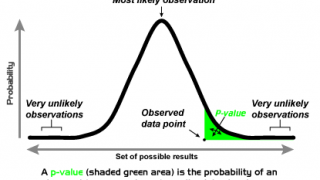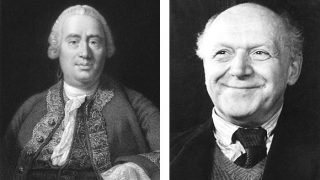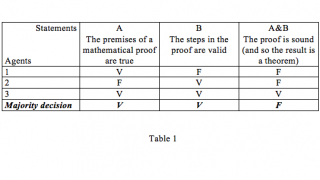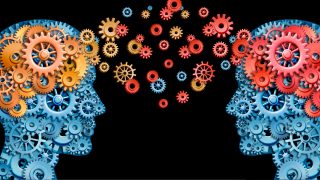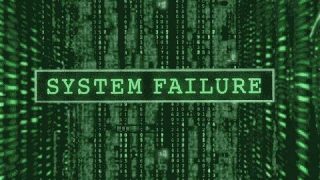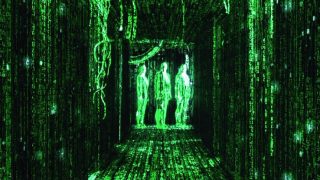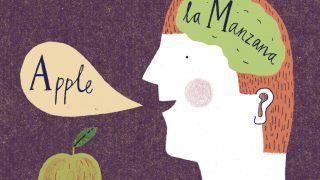
Panpsychism: Is mind everywhere?
The problem of what is the relation between matter and mind, and more particularly, between the physical stuff of our brain, on the one hand, and our consciousness and their conscious, qualitative states (also known as ‘qualia’), certainly is one of the deepest and hardest questions in all philosophy. I have already written in Mapping […]


